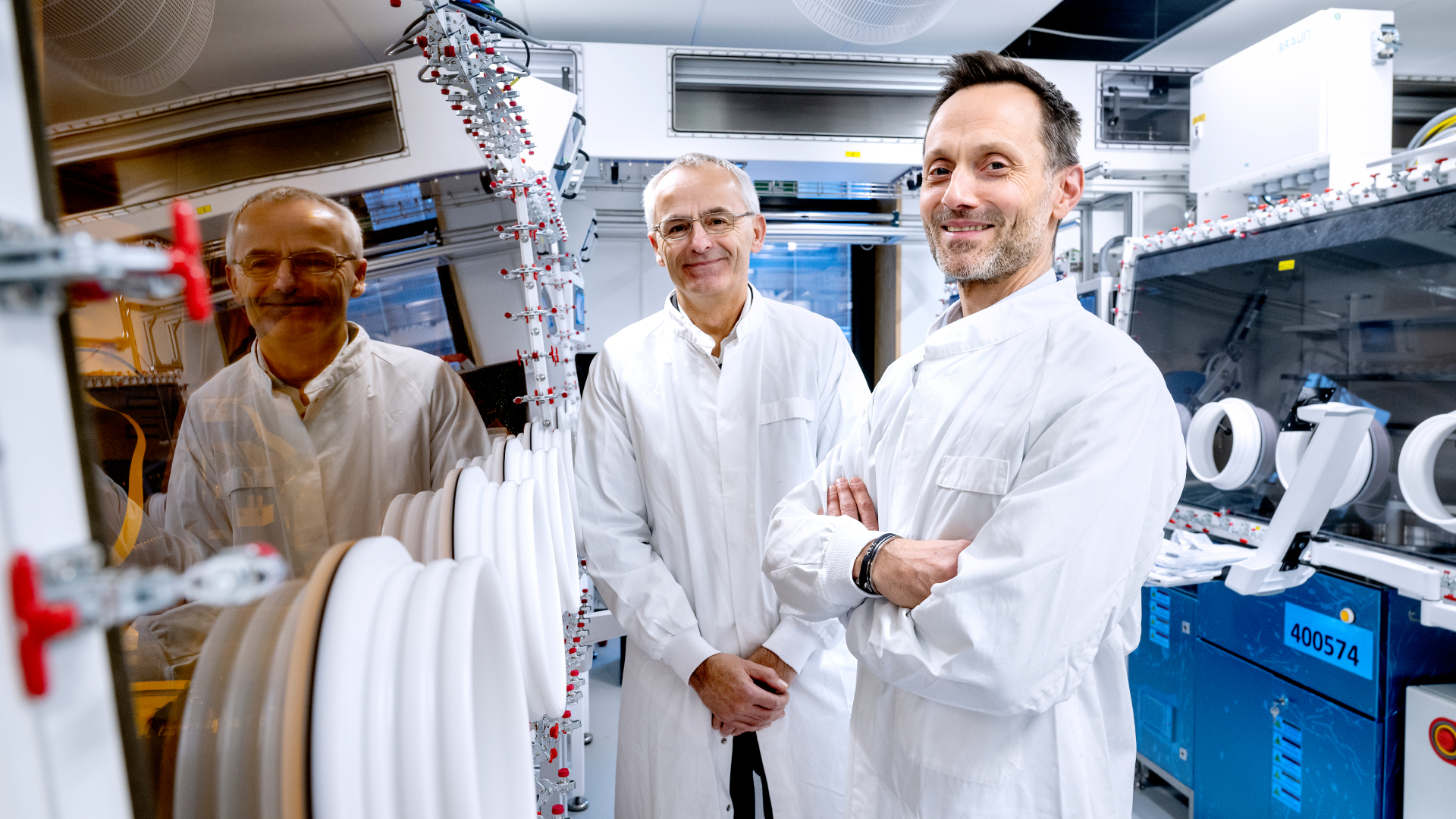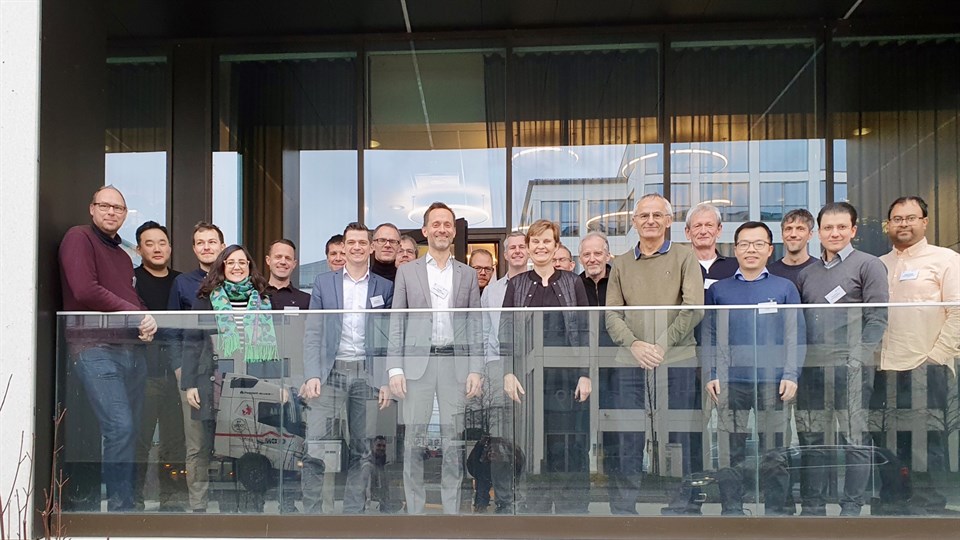Power-to-X is the key to unlocking the gigantic potential of green energy. So it was with great pleasure that DTU and Aalborg University in December announced the new Pioneer Center CAPeX, which will bring together leading experts and capacities in this field from the Danish universities and three international universities. The Pioneer Center has received a total of DKK 300 million in funding from five Danish foundations.
An important part of the center is the establishment of a CAPeX Academy, which will educate around 50 PhDs and 50 postdocs during the center’s 13-year life. Because, in the future, there will be a greater need to cultivate the ‘Power-to-Xperts’ of tomorrow, and they will espeially need multiple interdisciplinary competences.
“These are the experts who will carry the research forward, but also the industrial development in the new technologies to be developed for Power-to-X. And some of the competences that will be used over the next 10-20 years must be generated in a different way than we do today,” says Tejs Vegge, Professor at DTU and Lead of CAPeX.
As the Power-to-X industry begins to boom, there will be a need for a much larger number of experts in this field than there are today.
“If you look at the new materials and green technologies that we’re beginning to be able to develop now, they will need to be increased more than a thousandfold to have a global impact. This means that there must be researchers who can, for example, develop more efficient catalysts as well as people working in the industry who can produce them faster and cheaper, and on a completely different scale than today,” says Tejs Vegge.
And this is where education and improvement of skills and competences are absolutely essential.
“It isn’t enough to ‘simply’ design the world’s best catalyst—it’s also necessary to ensure sustainable and scalable production to meet global challenges. This requires new ways of thinking, and these are the type of experts we want to help train,” says Frede Blaabjerg, Professor at Aalborg University and Co-lead of CAPeX.
Potential for new Danish business success story
Educating future experts will help speed up research and development, and they often bring a new perspective.
“We’ve been working with these ideas for several years, and I can see that when new students arrive, big breakthroughs are made. They have a creative curiosity and open-mindedness that make them see things in new ways. So education is absolutely crucial for us to reach our goals,” says Tejs Vegge.
The potential of training 100 new experts in Power-to-X will also be reflected in the industry, predicts Tejs Vegge.
“There is a lot of talk about Denmark’s wind power success story, but if the green energy, Power-to-Xperts, and materials are available, then there may well be five to ten new companies in Power-to-X that could become the next Vestas or Topsøe,” he says.

